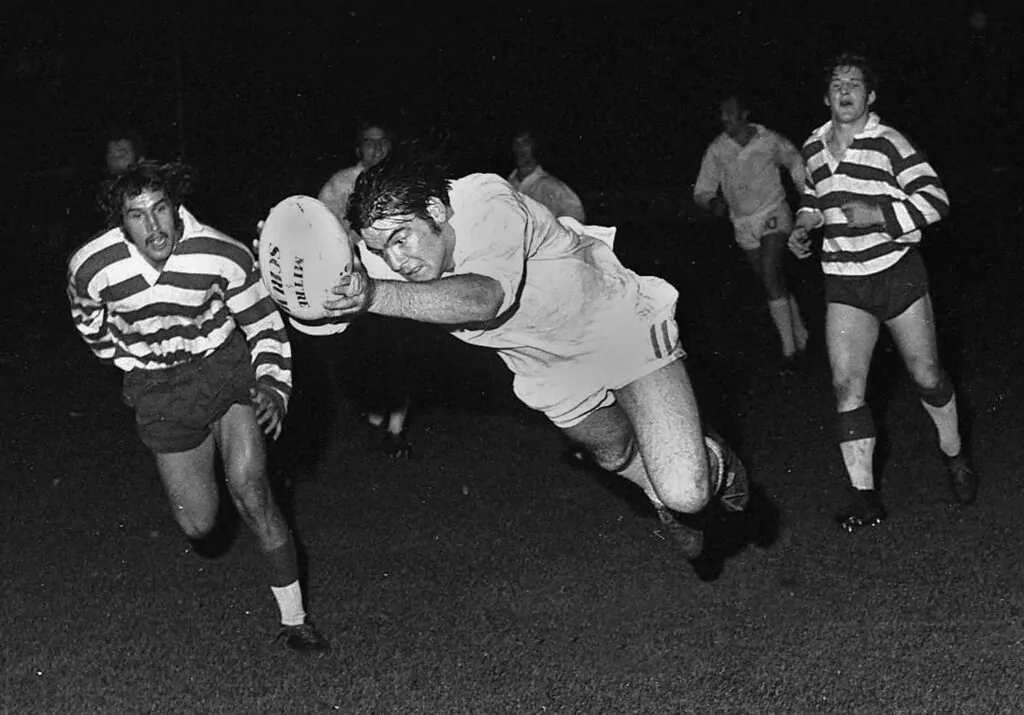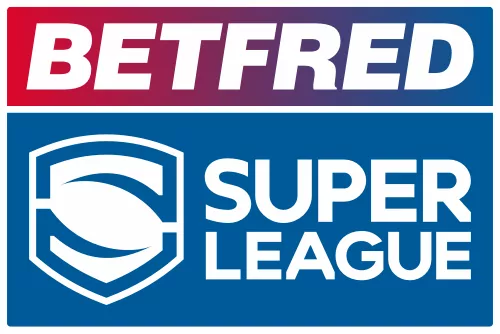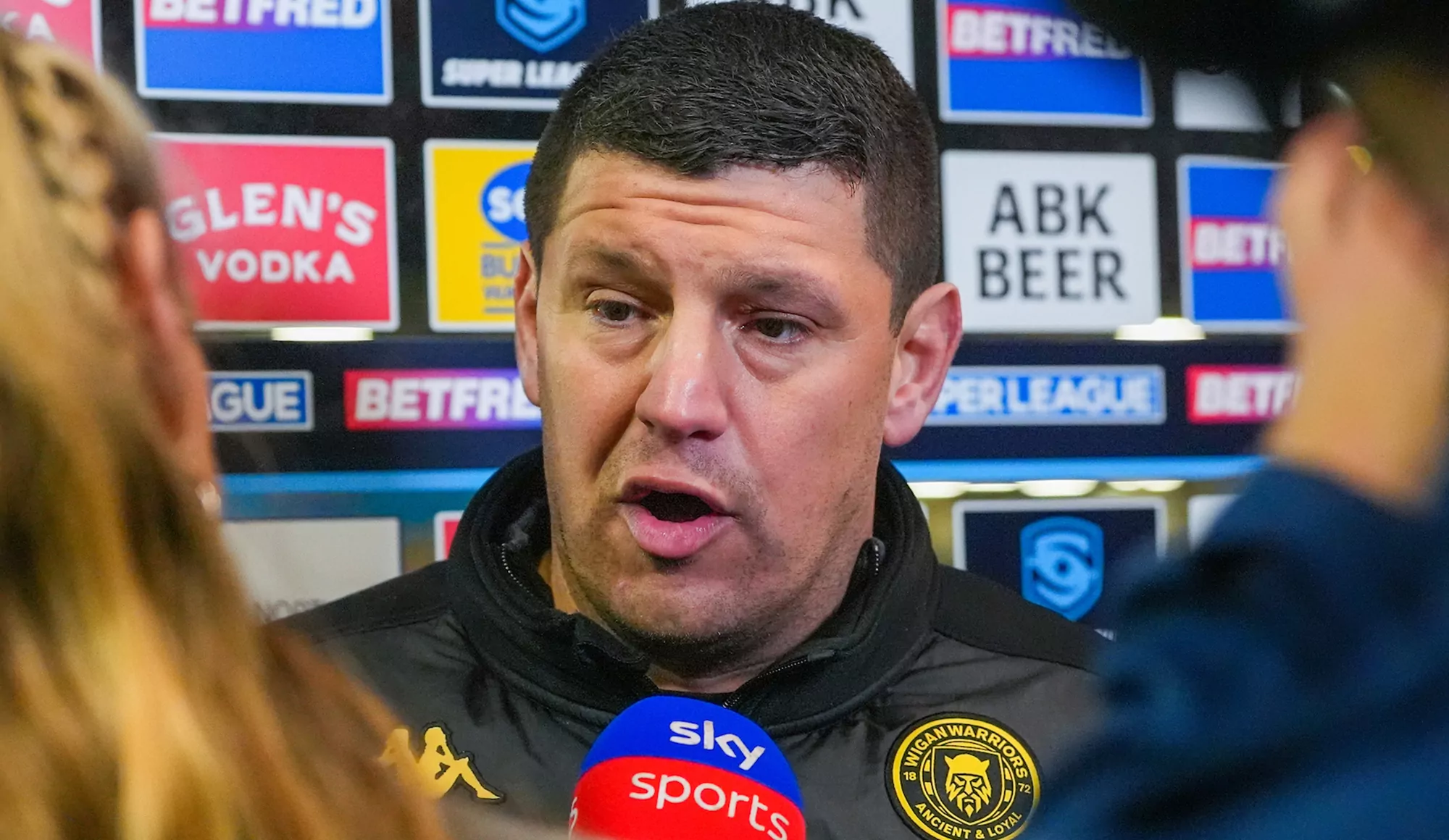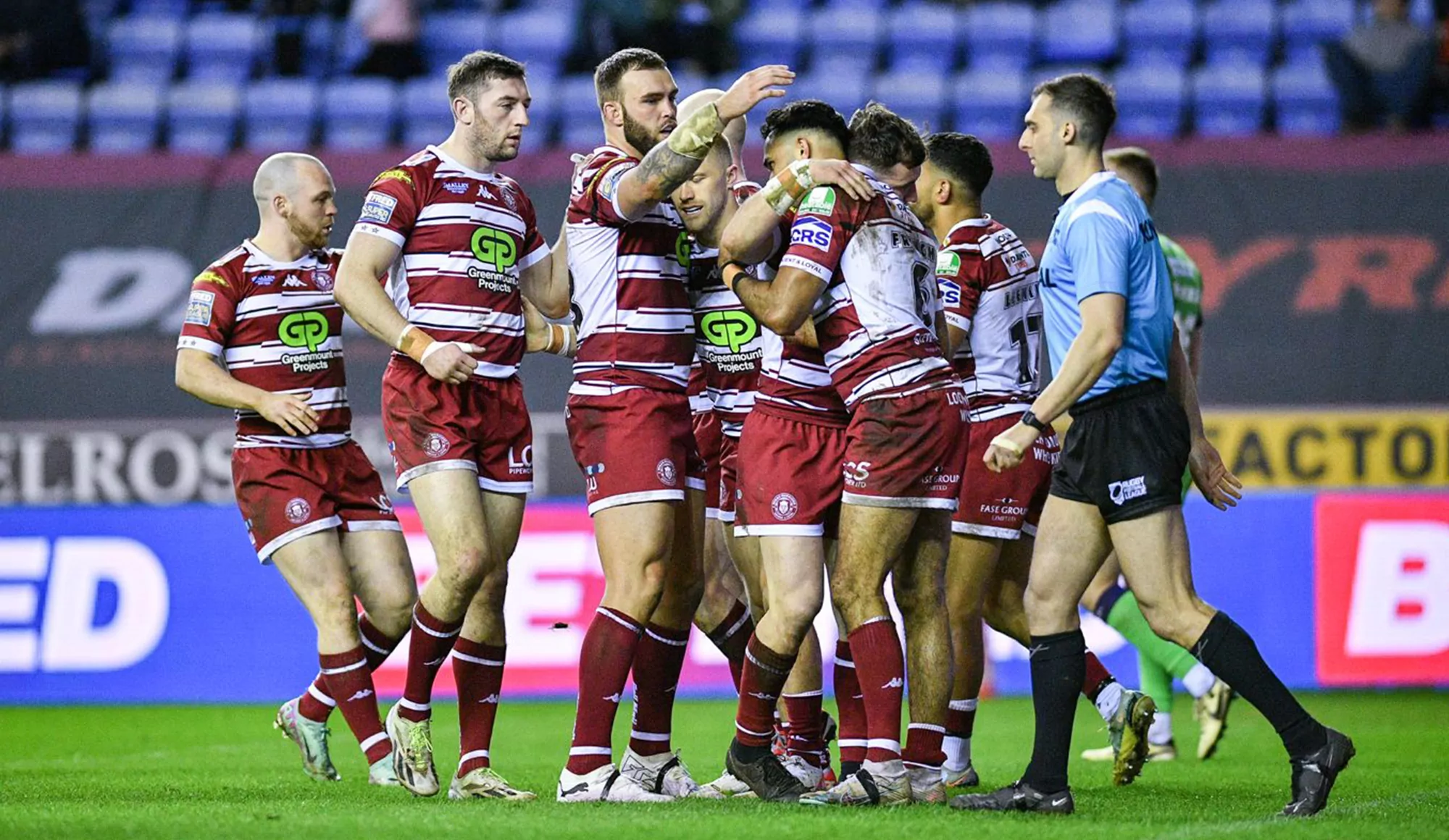Remembering Bill Ashurst

Club Historian Keith Sutch pays tribute to the late Bill Ashurst.
It is with great sadness that Wigan Warriors learned of the passing of former player William “Bill” Ashurst.
Bill Ashurst was born in Ince, Wigan on 12th April 1948. He was educated initially at Bell Green Lane primary school and Rose Bridge Secondary Modern School.
Having been selected for the Wigan Schoolboys town team, Ashurst progressed through the Under-19s and senior level at his local Rugby League amateur club, Ince Rose Bridge, where he still had a strong affinity up until his sad passing.
It was whilst watching the 1958 Challenge Cup Final on TV that Ashurst fell in love with the game of Rugby League – seeing his hero Billy Boston playing at Wembley whetted his appetite to follow in his footsteps and play for Wigan.
Although Ashurst had the opportunity to sign professional terms with Blackburn Rovers Football Club, it was his passion for Rugby League and his beloved Wigan that he signed for in August 1968.
He made his Wigan debut on the wing at Knowsley Road, St Helens in a Lancashire Cup First Round tie. With Wigan losing at half time by 16 points to 4, a young and confident Ashurst approached coach Eric Ashton to swap him with Bill Francis and play him on the wing for the second half.
Surprisingly, Ashton agreed and although Wigan narrowly lost the game by 19 points to 16, Ashurst had made his mark, and this was evident when he helped Wigan win the BBC 2 Floodlit Trophy in 1968 against St Helens playing at centre.

However, several months later Ashurst was successfully switched to the pack and he established himself as one of Wigan’s and Great Britain’s best second row forwards – a position he played in for the 1970 Challenge Cup Final at Wembley.
Another feat Ashurst was particularly proud of whilst wearing the famous Cherry and White colours of Wigan was that he was a member of the team in 1969-70 – 1970-71 to win 31 league matches unbeaten (eight matches from season 1969-70 and 23 in season 1970-71) which still remains a record for the Club.
Having picked up the Harry Sunderland Trophy in the Championship Final defeat by St Helens in 1971, along with a Lancashire Cup winners medal in 1971, Ashurst was making a name for himself as a try-scoring forward with a useful kicking game and this came to the notice of several teams in Australia.
The centenary match to celebrate the 100-year birth of Wigan Rugby Club in 1872 against Australia in 1972 confirmed his kicking abilities when he kicked a drop goal (worth two points) in the final minute to secure an 18-18 draw for Wigan.

Then in 1973, Ashurst was signed by the Penrith Panthers for a record fee of £15,000 and played three seasons in the NSWRL. Whilst out in Australia, Ashurst became a popular figure and was notable for his prowess as a goal-kicker which won him many Man of the Match awards. Then in 2006, Ashurst was named in the Penrith’s ‘Team of Legends’ – an honour he absolutely treasured.
After his three-season excursion in Australia, Ashurst returned to Wigan and played a single season for the Club before Wigan demanded another world-record fee for the lad from Ince, transferring him to Wakefield Trinity for £18,000, where he managed to grace the Wembley turf again in 1979.
Ashurst played his last game for Wigan on 11th March 1978 at Central Park, Wigan v Bradford Northern – losing a Second Round Challenge Cup game 22 points to 10. Overall, he made 185 appearances, scored 74 tries and kicked 146 goals for Wigan.
Injuries had plagued Ashurst’s career and this was evident during his time at Wakefield – hence he turned to coaching initially with Wakefield in 1981 before he again returned to Wigan as Assistant Coach to Alex Murphy.
It was as an assistant to Murphy that Ashurst enabled Wigan to secure their first piece of silverware for 10 years when he masterminded the win over Leeds at Elland Road in the John Player Trophy.
Ashurst also coached Runcorn Highfield between 1987 and 1989, and due to a player strike, he came out of retirement to play in a match against former club Wigan in 1988 at the ripe old age of 40.
After retiring from the professional game, Ashurst continued to help out local amateur Rugby League teams at the grassroots level – a role he thoroughly enjoyed seeing up-and-coming talent progress through to the professional game, as well as supporting the Wigan Supporters Club, The Riversiders, as their honorary Vice-President.

Bill Ashurst had a rare talent that helped him win three caps for Great Britain while at Wigan in 1971 against New Zealand, and in 1972 against France (2) and he will be sadly missed by connoisseurs of our beloved game.
Wigan Warriors send their deepest condolences to Bill’s family and friends at this very sad time.

































